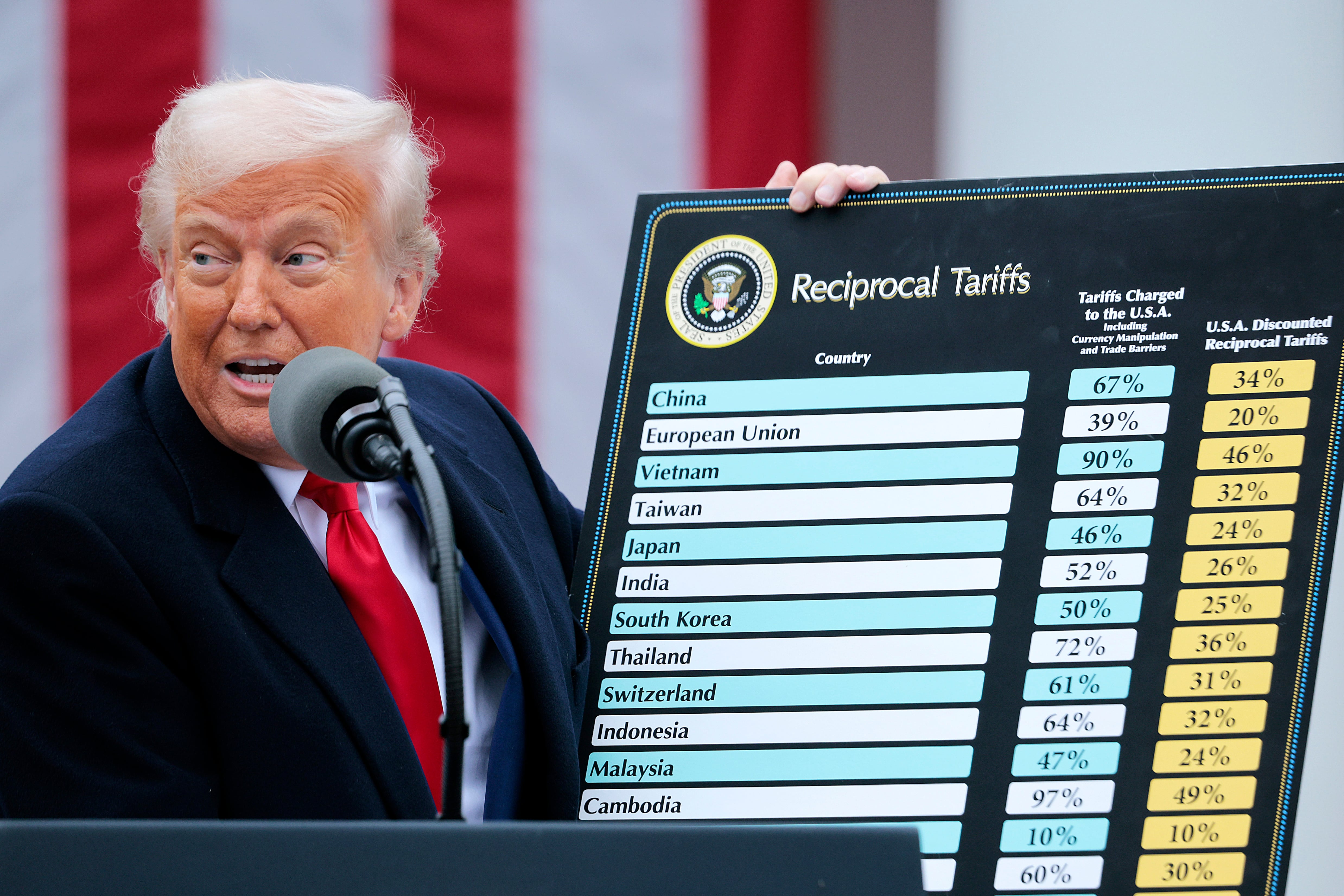Ongoing tensions between the U.S. and Iran this week have reignited the debate about whether or not bitcoin works as a safe haven asset in times of heightened geopolitical uncertainty — as the price of bitcoin increased this week around the time news broke that Iran had fired ballistic missiles at Iraqi bases housing U.S. forces.
"The immediate response of bitcoin and other cryptoassets to this increase in geopolitical risk is significant," Bitwise Asset Management's Hunter Horsley and Matt Hougan said in a note to investors Thursday. "It is also consistent with the response crypto made to the last major uptick in geopolitical risk, which occurred on Aug. 5, as trade tensions with China reached unprecedented highs."
The prices of gold, crude, and bitcoin all grew in tandem over the last week, first on the news about the initial airstrike that killed Iranian General Qassem Soleimani and then again on headlines about Iran's missile attack on the Iraqi bases, indicating that each had a similar response to a perceived increase in instability.
But that's just a snapshot of the overall picture, Alex Mashinsky, CEO of Celsius Network, told Cheddar on Thursday.
"If you look at a 10-year chart you will see very different information," he said, noting that bitcoin performed 2,000 times better than the champion of the stock market, Netflix, which grew 4,000 percent in the last decade. "As long as everything is wonderful no one really needs a doomsday insurance policy, which bitcoin really is; it's needed when everybody's afraid and at that time bitcoin will be trading at $100,000, so you can't buy it then, you have to buy it now."
For the bitcoin price to continue climbing in the face of instability, it needs to prove its resilience and relevance in local market conditions. There need to be on-ramps to the network and ways to maintain privacy (from governments) and still find counterparties for commerce.
People also need internet access that's consistent. In November the Iranian government shut down global internet access for five days in response to protests against rising gas prices and political corruption that left 200 dead and thousands injured. Even if someone tech-savvy could establish or regain limited access to the internet, bitcoin wallet apps and mobile apps like Telegram could still be blocked. In Iran, access to foreign servers and infrastructure is especially difficult because so many companies ban Iranians for fear of U.S. sanctions.
It might be too much to ask bitcoin today to prove itself as a safe haven asset, but the narrative around Iran provides a good proving ground for it.
"Heightened geopolitical tension is likely to remain a key risk for the foreseeable future and bitcoin, in its rawest form, is the ultimate hedge against the shortcomings of the current world order," Delphi Digital's Kevin Kelly said in an analyst note.












